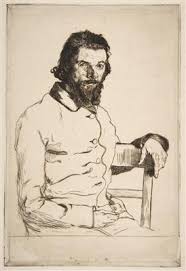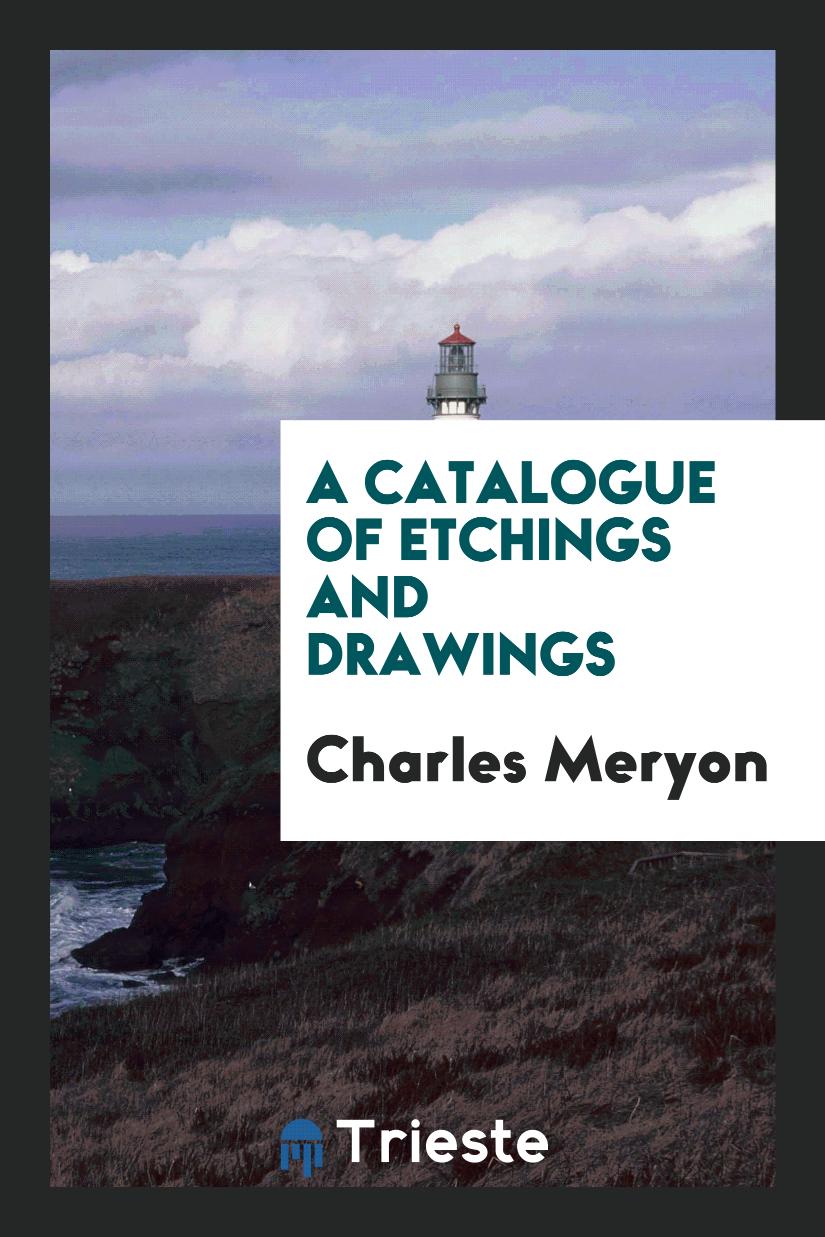
Charles Meryon
Charles Merion (November 23, 1821 - February 13, 1868) was a French artist who worked almost entirely in etching, as he suffers from color blindness. Although he is now little known in the English-speaking world, he is generally recognized as the most significant engraver of 19th-century France. He also suffered from a mental illness, dying in a shelter. His most famous work is a series of views of Paris. He was born in Paris, his father is an English doctor, and his mother is a French dancer. Merion's mother raised him, but died when he was still young, and Merion entered the French fleet, and traveled around the world in the corvette “Le Rhin” in the 1840s. He was already a draftsman, because on the coast of New Zealand he painted with pencil drawings, which he could use, years later, as studies for engraving the landscape of these regions. The artistic instinct developed, and while he was still a lieutenant; Merion left the fleet. Finding out that he is color blind, he decided to devote himself to etching. He entered the workshop of the engraver Eugene Bleury, from whom he learned something about technical matters and to which he always remained grateful. Merion had no money, and he was too proud to ask his family for help. He was forced to earn a living doing work that was mechanical and tedious. Among the works of the students, done for his own good, some studies after the Dutch masters, such as Zeeman and Adrian van de Velde, should be noted. Proving himself an experienced copyist, he began to do original work, in particular a series of etchings, which are the greatest embodiments of his greatest concepts - a series called "Eaux-fortes sur Paris". These sheets, made from 1850 to 1854, never met in the form of a set and were never explicitly published as such, but, nevertheless, they constituted a harmonious series in Merion’s mind.
